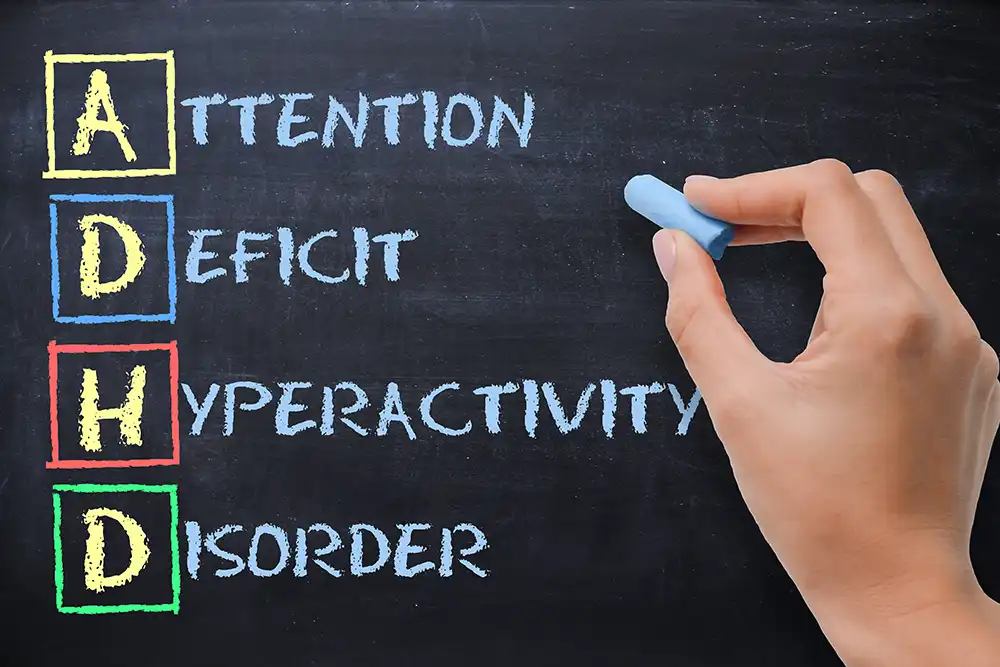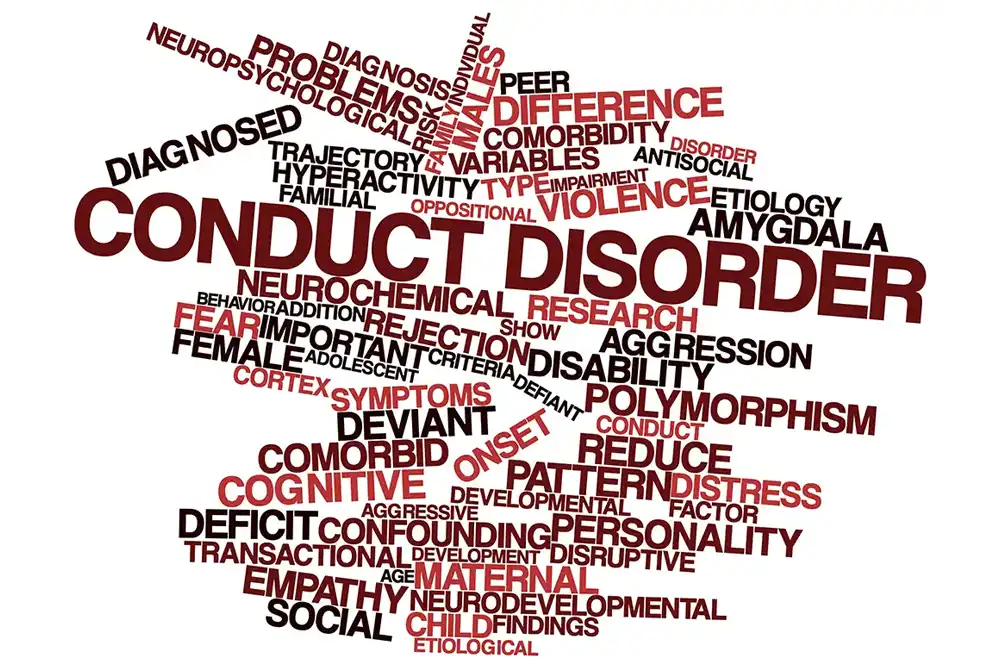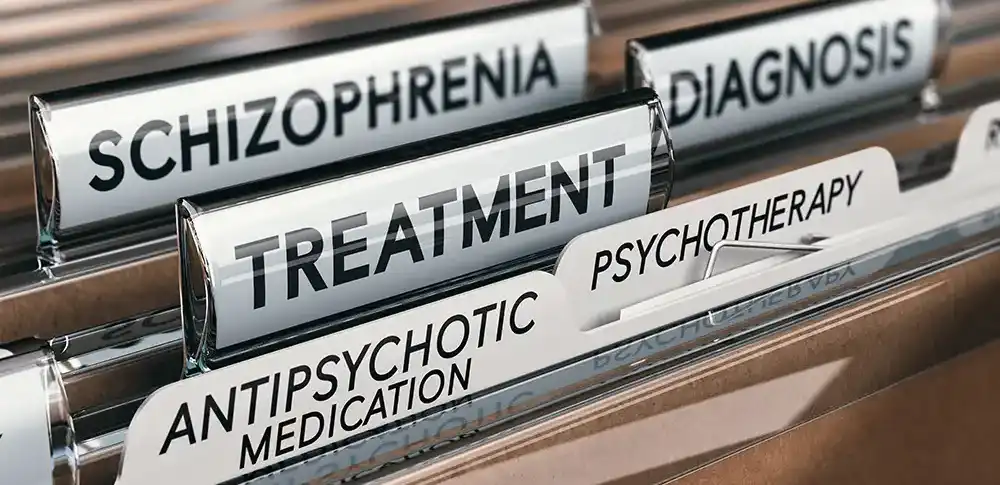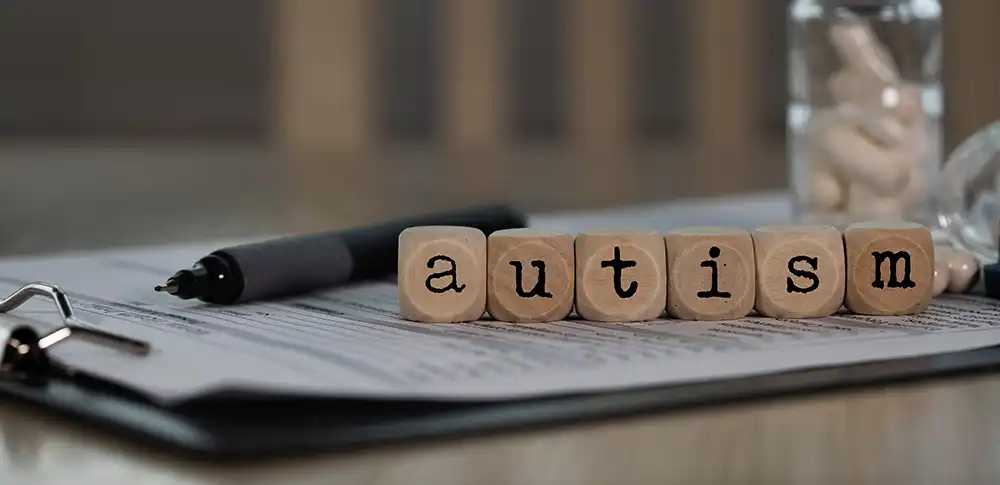
Anxiety Disorders
Generalized Anxiety Disorder, Agoraphobia, Obsessive-Compulsive Disorder (OCD), Panic Disorder, Post-Traumatic Stress Disorder (PTSD), and Social Anxiety Disorder.
Anxiety is an overwhelming feeling of unease characterized by fears and worries that range from mild to severe. For some, anxiety is a temporary feeling that comes and goes, but for others, having feelings of anxiety and constant worrying can last for months, leading to an impairment in your life.
If you or a loved one have been experiencing high levels of worry, restlessness, or nervousness, our providers are able to assist you to determine if medication intervention may be beneficial to get you back to your acceptable level of functioning.

Mood Disorders
Depression is a mood disorder that causes a persistent feeling of sadness and loss of interest.
Also called major depressive disorder or clinical depression, it affects how you feel, think, and behave and can lead to a variety of emotional and physical problems. You may have trouble doing normal day-to-day activities, and sometimes you may feel as if life isn’t worth living.
Mood swings, anger, or irritability can be just that or a sign of a more complex problem. These may be signs of an underlying condition if you’ve been experiencing major changes in energy level, racing thoughts, impulsivity, and/or sleep changes.
While periods of stress or major life changes (i.e.: a significant loss) can also cause these symptoms, our providers will be able to help you recognize the difference and work with you to achieve relief.

Attention Deficit Hyperactivity Disorder (ADD/ADHD)
ADHD is considered a chronic and debilitating disorder and is known to impact individuals in many aspects of their life including academic and professional achievements, interpersonal relationships, and daily functioning. There are three main types of ADHD, predominantly inattentive, predominantly hyperactivity/impulsivity, or combined presentation. Many people may have difficulties sitting still, waiting their turn, paying attention, being fidgety, and acting impulsively.
While ADHD can be diagnosed at any age, this disorder begins in childhood. In children, ADHD can lead to poor self-esteem and social function when not appropriately treated. Adults with ADHD may experience poor self-worth, sensitivity toward criticism, and increased self-criticism. Whether the guardian, teacher, or manager has identified areas of difficulty in the home, school, or work setting, our providers are committed to helping you achieve success.

Common Disorders of Childhood
Oppositional Defiant Disorder, Intermittent Explosive Disorder, and Conduct/Impulse Control
Disorder
These disorders are first discovered in the preschool years of a child. Typically, this child is seen as strong-willed and refuses to comply with commonly accepted standards of behavior. The child can appear to be rebellious, non-cooperative, and hostile at times.
Does your child display an irritable mood most of the time, regularly lose their temper, or show frustration with others easily? This may be a sign of Oppositional Defiant Disorder. Does your child have outbursts of anger and rage that seem to come out of nowhere and are generally short-lived? This could be a sign of Intermittent Explosive Disorder. Severe behavioral challenges including physical fights, vandalism, cruelty to others or animals, theft, and using a weapon could be a sign of Conduct disorder.
These issues impair academic, social, and family functioning and can be very disturbing to a child’s development. Our providers are here to help your child and family navigate these challenges.

Psychotic Disorders
Schizophrenia, Schizoaffective Disorder, Delusional Disorders, Brief Psychotic Disorder, and other Psychotic Disorder.
Psychotic disorders are severe mental disorders that cause abnormal thinking and perceptions. People with psychoses lose touch with reality. Two of the main symptoms are delusions and hallucinations. Delusions are false beliefs, such as thinking that someone is plotting against you or that the TV is sending you secret messages. Hallucinations are false perceptions, such as hearing, seeing, or feeling something that is not there.
If you or your family member have psychotic symptoms including but not limited to delusions, hallucinations, disorganized speech or behavior, with or without a major change in mood, leading to an impairment in social, family, or academic functioning or ability to work, our provider can help determine the next steps.

Autism Spectrum Disorder
Autism Spectrum Disorder (ASD) is a neurological and developmental disorder that affects how people interact with others, communicate, learn, and behave. Although autism can be diagnosed at any age, it is described as a developmental disorder because symptoms generally appear in the first two years of life.
People with ASD often have difficulty with communication and interaction with other people, restricted interests and repetitive behaviors, and symptoms that affect their ability to function in school, work, and other areas of life.
Autism is known as a “spectrum” disorder because there is wide variation in the type and severity of symptoms people experience. Although ASD can be a lifelong disorder, treatments and services can improve a person’s symptoms and daily functioning. Contact our office to discuss ASD evaluation and treatment options.
